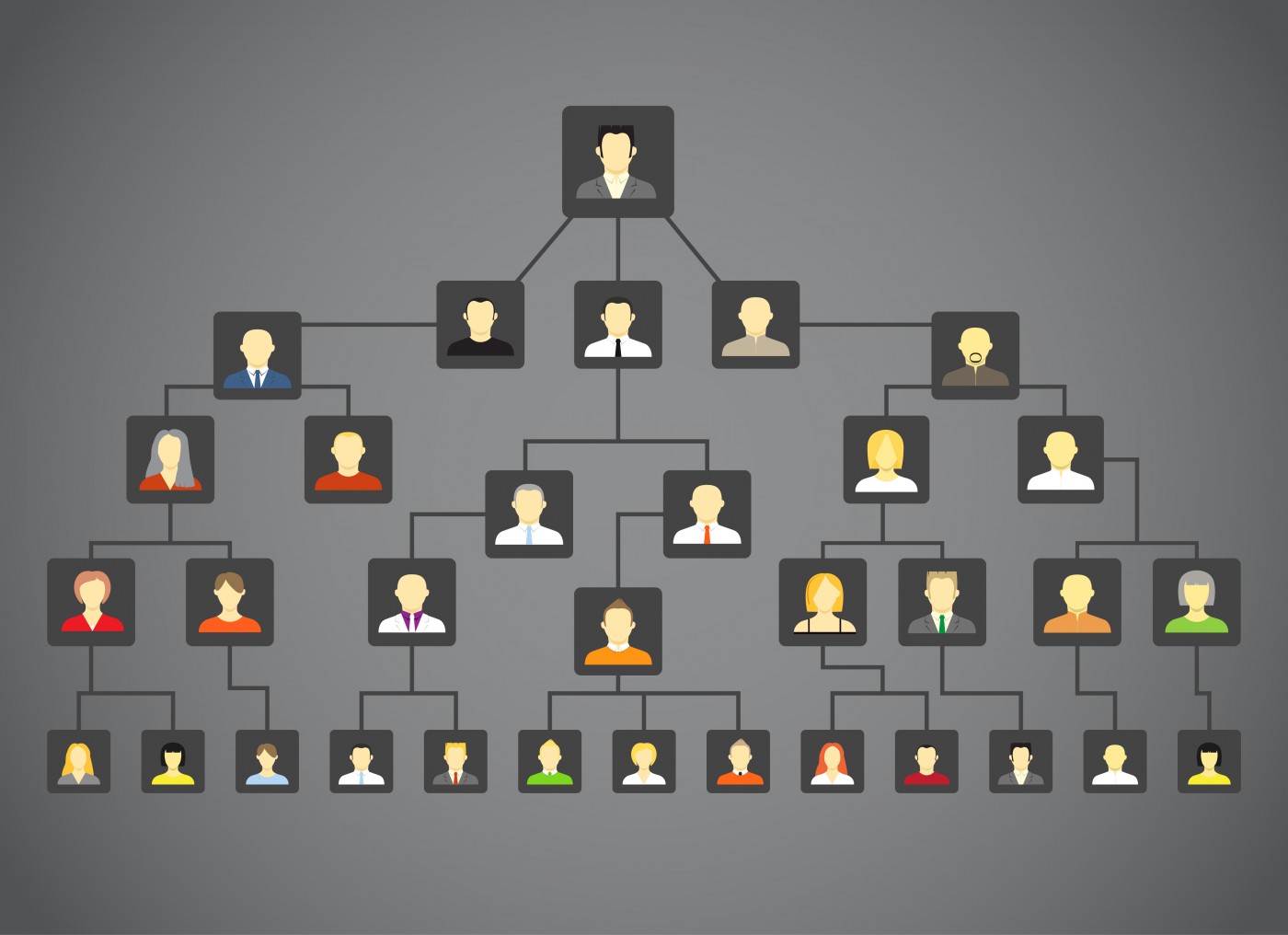Researchers Seek Families Especially Susceptible to Alzheimer’s Disease for Biomarkers, Genetic Mutations
Written by |

Researchers at Atlanta’s Emory University, under the guidance of neurologist Dr. Allan Levey, are studying the lineage of a specific family whose members are exceptionally prone to the development of late-onset Alzheimer’s disease in the search for new causes, such as novel genetic mutations, biomarkers, and brain changes.
The ongoing research could lead to the development of novel therapies, identification of predictive markers of disease and the development of new drugs and therapies that may stop or slow the on-set of dementia in pre-symptomatic patients.
Genetic predisposition for Alzheimer’s has been the subject of extensive research in the field of neurodegenerative diseases with the identification of susceptibility genes. One example is the APOE ε4 gene, a genetic factor associated with a higher risk of developing the disease and a higher risk of early onset of AD, but not a cause as a single factor.
Stronger genetic determinants have been found for early onset AD (before age 60), primarily three autosomal dominant genes which, if present, can cause the disease. One of the most interesting cases, reported by several media outlets including The New York Times, involved a large family from the Andes in Colombia whose members were highly susceptible to early-onset Alzheimer’s.
Researchers came from distant institutions to study the members of this family and it was eventually found that the susceptibility was due to the Paisa mutation, an altered protein on the presenilin-1 gene on chromosome 14. The family was thought to be a unique case, but now this may no longer be true.
More than a decade ago, Levey began working on the case of an elderly woman who had been experiencing progressive memory loss. An evaluation of her family history revealed that the woman’s sister, father, and eight uncles all had dementia. Through an autoposy, it was found that three members of the family had confirmed Alzheimer’s disease. Such staggering observations raised the curiosity of researchers, who began genealogical studies of the family. This family was much more susceptible to the late onset type of Alzheimer’s, a more common type of the disease.
Researchers discovered that the family’s members shared a common ancestor, French immigrant Pierre Jacob Chastain, whose lineage has been well researched. Natalie DiSantis, outreach director for the Alzheimer’s Disease Research Center, is responsible for Emory’s version of the Chastain family tree, a genealogical list that lists 162 descendants.
Several members of the family have stepped forward to provide researchers with blood samples, cognitive tests and even cerebrospinal fluid from spinal taps. “This family sees very clearly what is happening and is motivated to help us discover what causes the disease,” Levey said in a press release. “We owe them a large debt, one I hope we will be able to repay someday.”





